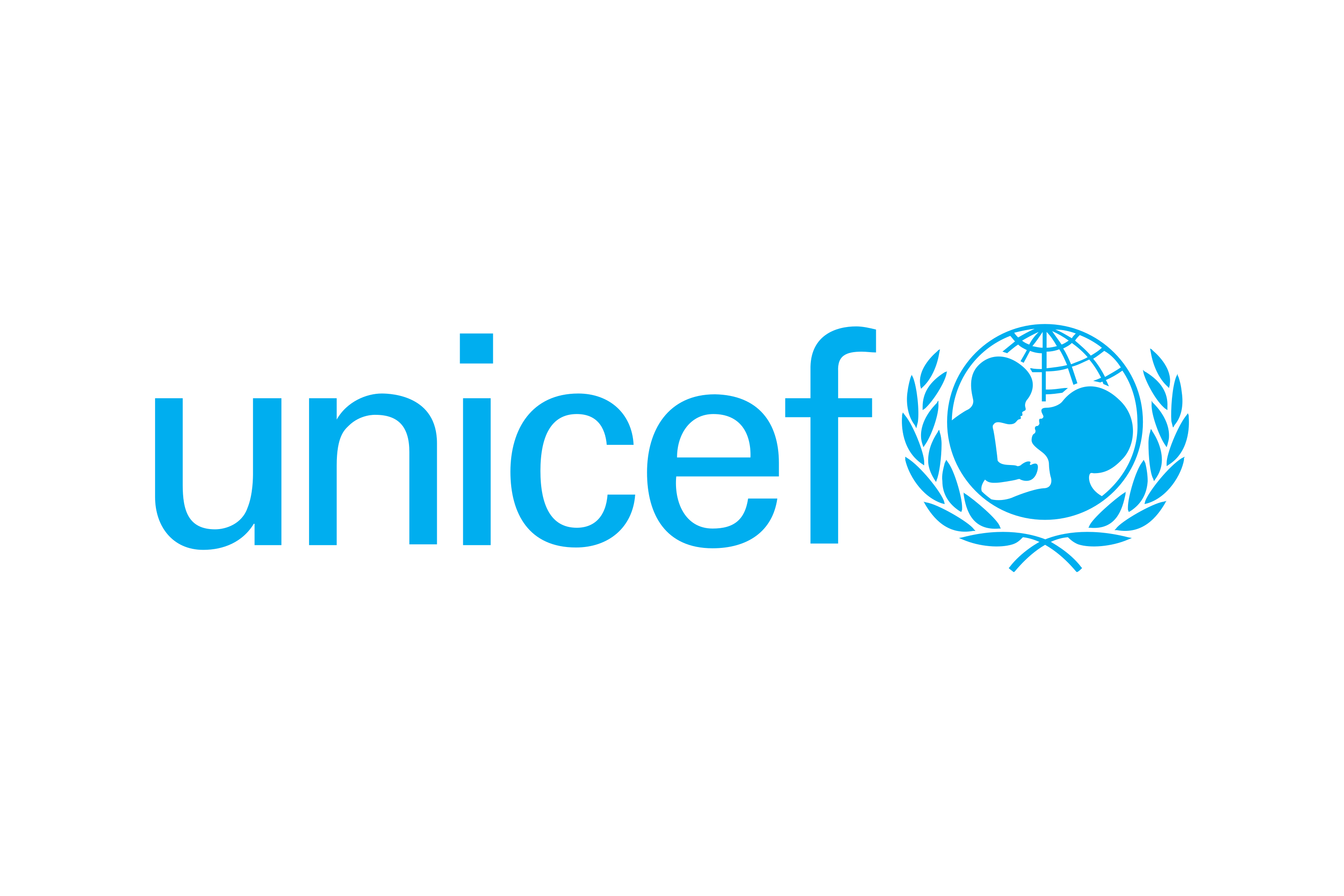Empowering customers to take control of their financial wellness is a powerful and transformative endeavor. In a world where financial literacy is often overlooked, providing guidance on personal finance and credit building can make a significant impact on individuals' lives. This guide aims to equip readers with the knowledge and tools necessary to navigate the complexities of managing their money, building a strong credit profile, and ultimately achieving financial stability. By empowering customers with the necessary information and resources, we can help them make informed decisions that lay the foundation for a secure and prosperous future.
1. Understanding Financial Wellness
Understanding financial wellness is crucial for empowering your customers to take control of their finances. Financial wellness encompasses a holistic approach to managing money, encompassing aspects such as budgeting, saving, investing, and planning. It involves having a clear understanding of your financial situation, setting goals, and making informed decisions that align with your values and aspirations. Financial wellness is not just about having a large bank account balance; it's about feeling secure and confident in your financial future. By educating your customers about financial wellness, you can help them build a strong foundation for a stable financial future and empower them to make positive changes in their financial lives.
2. Personal Finance Basics: Budgeting, Saving, and Investing
Understanding personal finance basics is essential for anyone looking to achieve financial wellness and build a strong foundation for their future. Budgeting is the cornerstone of personal finance, as it allows individuals to track their income and expenses, identify areas where they can save money, and plan for both short-term and long-term financial goals. Creating a budget involves listing all sources of income and categorizing expenses to ensure that spending aligns with financial priorities.
Saving is another critical component of personal finance, as it enables individuals to set aside money for emergencies, future goals, and retirement. Developing a savings habit, whether through automatic transfers to a savings account or setting financial goals, can help build a financial safety net and provide peace of mind.
Investing is a powerful tool for building wealth over time, allowing individuals to grow their money through various investment vehicles such as stocks, bonds, mutual funds, and real estate. Understanding investment options, risk tolerance, and long-term financial goals can help individuals make informed decisions about where to allocate their money for maximum growth potential.
By mastering personal finance basics, including budgeting, saving, and investing, individuals can take control of their financial future, reduce financial stress, and work towards achieving long-term financial stability and independence.
3. Building a Strong Credit Profile
Building a strong credit profile is crucial for financial well-being and empowerment. Your credit score plays a significant role in your ability to access loans, credit cards, and even secure favorable interest rates on mortgages and other financial products. To build a strong credit profile, start by understanding your current credit standing. Obtain a free credit report from the major credit bureaus and review it for accuracy. Dispute any errors or inaccuracies promptly to ensure your credit report reflects your true financial history.
Next, focus on making timely payments on all your credit accounts, including credit cards, loans, and utilities. Payment history is one of the most critical factors in determining your credit score. Aim to pay at least the minimum amount due on time every month to avoid negative marks on your credit report.
Additionally, keep your credit utilization low by not maxing out your credit cards. Ideally, aim to use no more than 30% of your available credit limit to show responsible credit usage. Avoid opening multiple new credit accounts within a short period, as this can signal financial distress to lenders and potentially lower your credit score.
Lastly, establish a mix of credit types, such as credit cards, installment loans, and mortgages, to demonstrate your ability to manage different types of credit responsibly. By following these steps and practicing good financial habits, you can build a strong credit profile that empowers you to achieve your financial goals.
4. Resources for Continued Financial Education.
Continued financial education is key to empowering your customers to make informed decisions about their money. There are numerous resources available to help individuals enhance their financial literacy and build a strong foundation for financial wellness. Local community centers, libraries, and financial institutions often host workshops and seminars on various financial topics, offering participants the opportunity to engage with experts and ask questions. By taking advantage of these resources, your customers can continue to educate themselves and improve their financial knowledge, leading to greater confidence and control over their financial future.
Visit seenclassified.com to learn more.
Posted on February 3rd, 2026
Posted on January 16th, 2026
Posted on January 16th, 2026
Posted on January 16th, 2026
Posted on January 9th, 2026
Posted on October 27th, 2025
Posted on October 26th, 2025
Posted on August 7th, 2024
Posted on July 18th, 2024
Posted on July 17th, 2024
Posted on April 3rd, 2024
Posted on January 24th, 2024
Posted on January 11th, 2024
Posted on November 30th, 2023
Posted on November 10th, 2023
Posted on October 22nd, 2023
Posted on July 2nd, 2023
Posted on June 18th, 2023
Posted on June 12th, 2023
Posted on June 12th, 2023
Posted on June 11th, 2023
Posted on June 11th, 2023






2023 © SeenClassified All rights reserved.
Contact Us